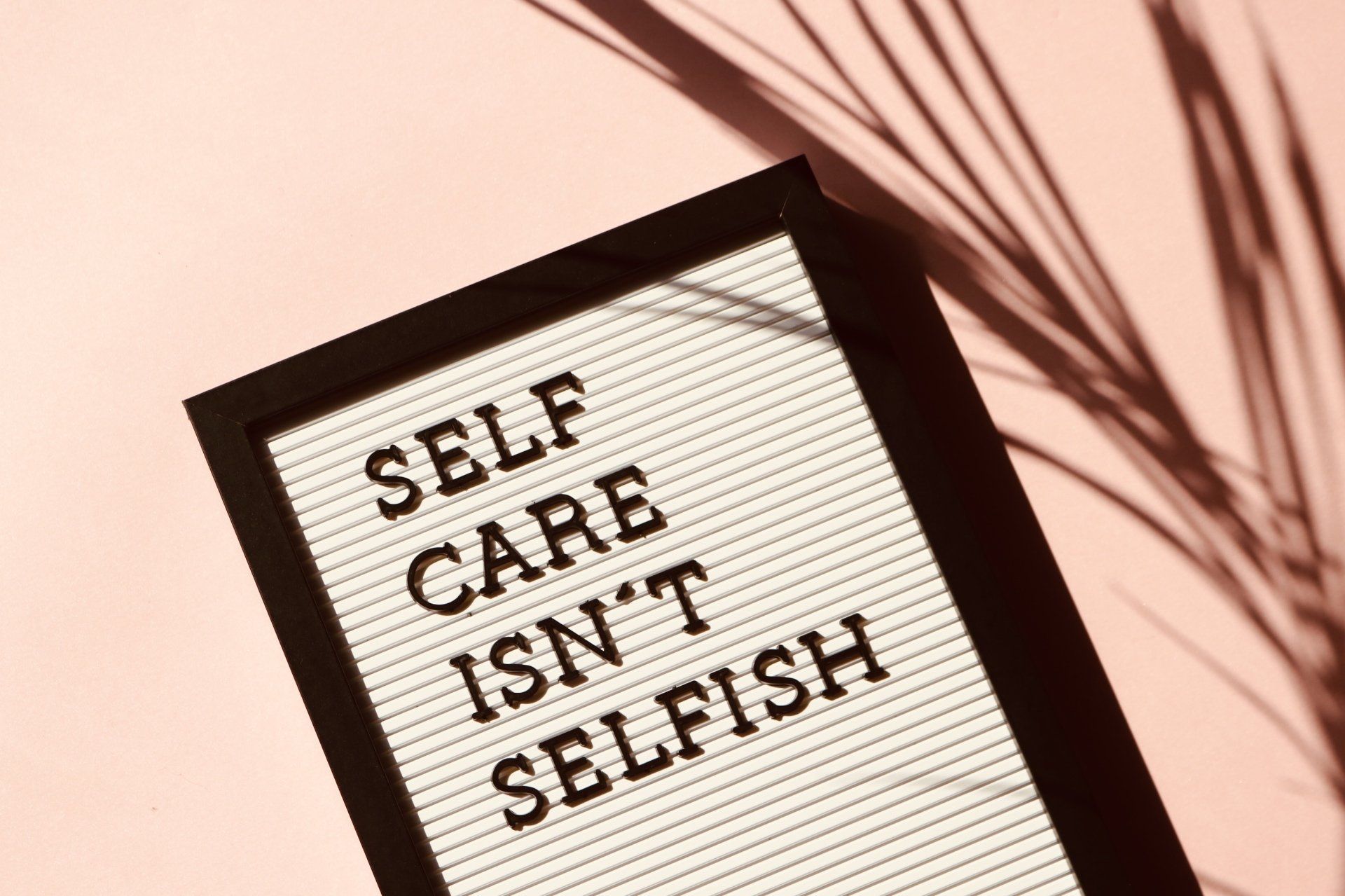As a therapist, we often prioritize the mental health of our clients over our own. We listen to their struggles, provide support and guidance, and help them develop coping mechanisms. But who is there for us when we need help?
Working in a helping profession can be emotionally taxing. Constant exposure to trauma and suffering can take a toll on our mental health. Seeing a therapist can provide a safe space to process our emotions and prevent burnout. As Brene Brown, a popular therapist and researcher, said, "I don't have to chase extraordinary moments to find happiness - it's right in front of me if I'm paying attention and practicing gratitude."
Therapists are trained to be objective and non-judgmental, but we are not immune to our own biases and blind spots. Seeing a therapist can help us gain a new perspective on our own issues and blind spots. As Irvin Yalom, a famous psychiatrist and author, said, "The therapist's task is to help [the patient] see that many of their problems have arisen from the way they have interacted with others and with themselves. The therapist does this by trying to create a new and different relationship with the patient."






